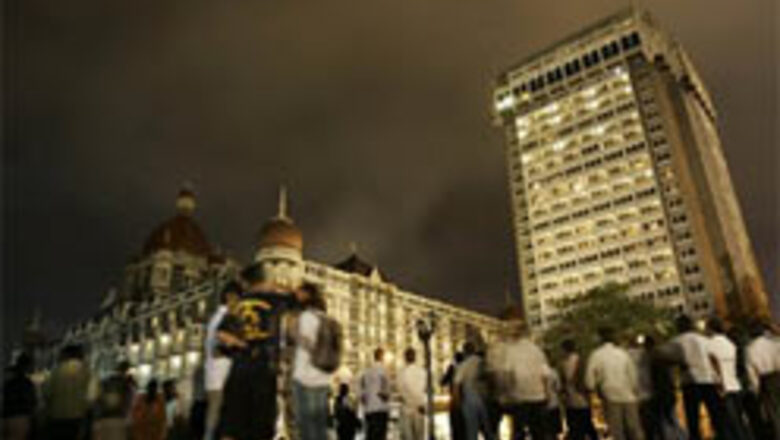
views
Mumbai: After 60 hours of non-stop terror, India's financial capital was Saturday left to pick up the pieces from a terror siege that killed at least 183 people, leaving behind an outraged nation and a bewildered establishment trying to unravel the conspiracy behind the longest running hostage crisis in the country.
The attack that began Wednesday night, when armed men got off boats at the tourist hub of Gateway of India and targeted 10 landmark locations, ended across the road at the heritage Taj Mahal Palace and Tower Hotel Thursday morning in a hail of bullets and blasts.
The three nights and three days in between saw 183 people being killed, including 20 policemen and 22 foreigners, 327 injured. The concern now is that the toll could rise further.
There were no negotiations and no demands at any point, indicating perhaps that the terrorists had planned to finish their brazen terror strike by blowing up the 105-year-old Taj, which brings together Moorish, Oriental and Florentine styles of architecture and is one of the most photographed buildings in this bustling city.
An official disclosed that they recovered two live bombs, eight weighing eight kilograms from the two dead terrorists, after the flushing out operations were over.
But the terrorists came to naught in their game plan of probably blowing up the building.
About 200 commandos drawn from the elite National Security Guard (NSG), the Indian Army, the Indian Navy and the Mumbai Police launched a calibrated attack to eliminate three terrorists who had taken over the 565-room hotel.
PAGE_BREAK
"Finally, we have been able to win the battle and do the job (assigned to us)," a visibly tired NSG chief J K Dutt said as smoke billowed out of the hotel's windows.
Inside the hotel, which went from being the epitome of grace to a metaphor for terror in three days, the ravages told their own tale.
A white bowl with food still in it spoke of a dinner rudely interrupted, white sheets hanging out of the many windows and blackened walls lining rooms splattered with blood. Many walls were riddled with bullets and there were reports of decomposed bodies lying inside the vast hotel.
After the Mumbai operation formally ended, Prime Minister Manmohan Singh, who had been personally monitoring developments, reviewed the security situation at a high level meeting with three defence services chiefs and intelligence officials. He also called for an all party meeting Sunday.
"It is clear that this suicide marine squad had planned this attack months in advance and the high-profile targets they selected also showed that the sites were reconnoitered on a regular basis," said a top intelligence functionary who spoke only on condition of anonymity.
The sheer scale and audacity of the assault that brought the megalopolis of 16 million people to its knees showed up glaring gaps in the country's coastal security and intelligence, officials admitted.
"These were militants prepared to kill and be killed but more importantly willing to stand up and fight," a senior NSG official involved in the operation said.
US president-elect Barack Obama, one of the many world leaders who condemned the attack, phoned Manmohan Singh to convey his condolences.
As the world rallied around India, the diplomatic fallout on relations with Pakistan also caused concern.
With the needle of suspicion pointing firmly towards Pakistan - with indications that the terrorists might have come from Karachi - its Foreign Minister Shah Mehmood Qureshi abruptly left New Delhi for Islamabad Saturday morning.
Qureshi, who started his visit to India Wednesday on a positive note, was "quite upset" about what he saw as India's "insinuations", diplomatic sources said.
Pakistan had Friday said that the ISI chief would be sent to India to exchange information. However, in a statement late Friday, Prime Minister Yousuf Raza Gilani's spokesperson said instead of the ISI chief, a senior official of the spy agency would visit.
While officials grappled with the investigation and its implications, the human tragedy of India's worst terror attack unfolded with every survivor who walked out of the Taj, or the Oberoi-Trident and in the bodies pulled out of the Nariman House, the Jewish centre that was flushed out of terrorists.
The Oberoi-Trident was the first to be cleared Friday, followed by the Nariman House Friday evening.
Amongst those killed were Indian journalist Sabina Sehgal Saikia, The Times of India consulting editor and mother of two young children, who was at the Taj hotel when the terrorists broke in.
The terror strike hit out at families beyond those in the hotels.
"My brother could have been saved if he had been treated on time," said Narayan Gupta, brother of Shiv Shankar Gupta, 35, a street vendor at the Chhatrapati Shivaji Terminus (CST), who was seriously injured when terrorists opened fire there Wednesday night.
In a ripple effect, the grief went beyond the families of those killed. This was evident in the huge crowds that accompanied the corteges of Major Sandeep Unnikrishnan in Bangalore and Hemant Karkare, the celebrated head of the Maharashtra Anti-Terrorism Squad, in Bombay.
The terror trauma has ended, but the anguish for many has just begin.










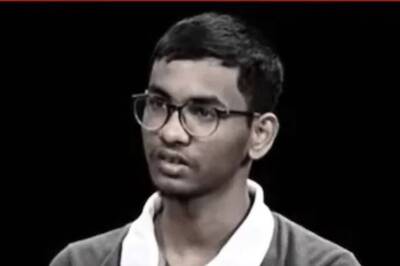

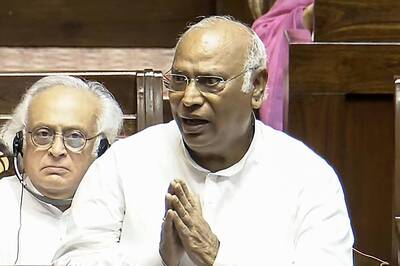
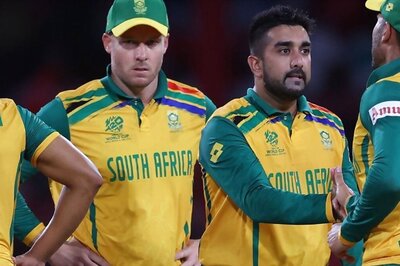
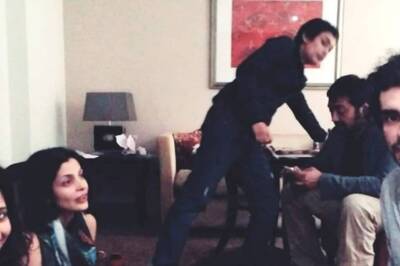



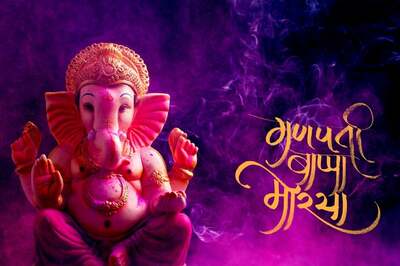
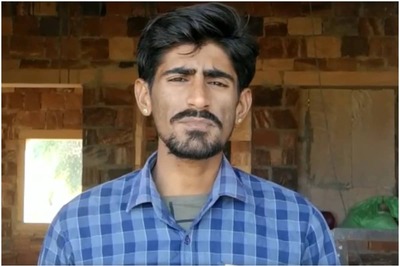
Comments
0 comment